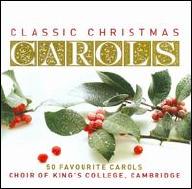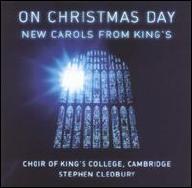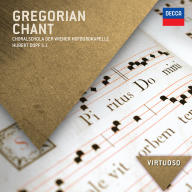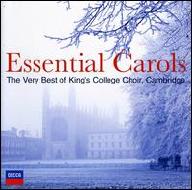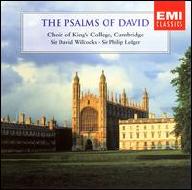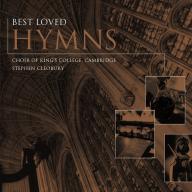The Choir of King's College was founded in 1441 by England's King Henry VI as the resident ensemble of King's College Chapel, a status it continues to hold today. The choir shrank during some of the tumultuous events of the 15th through the 17th centuries but continued to operate. By the early 20th century, it had reached its present complement of 30 members: 16 boy choristers and 14 adult choral scholars. There are also two associated organ scholars; choral scholars and organ scholars are Cambridge students who perform in exchange for discounted tuition. Choristers audition at five or six, join the choir on probation at eight, enter as full members at ten, and depart when their voices break. A listing of the choir's past members over the decades includes a who's-who of British choral, vocal, and keyboard music, such as conductor Andrew Davis, bass-baritone Stephen Varcoe, tenor Mark Padmore, and composer Bob Chilcott, to name just a few. The choir has also directly spawned several contemporary choral groups, including Polyphony (directed by Stephen Layton, another alumnus), the King's Singers, and The King's Men, the latter composed of the choir's current Choral Scholars.
The position of Director of Music with the choir has been notable for the longevity of its holders; organist John Randall was the director from 1742 until his death in 1799. Sir David Willcocks, director from 1957 until 1973, was a major figure in the revival of English Renaissance choral music. The choir issued music throughout the LP era on London and other labels, but beginning in the early 1980s, a new association with EMI resulted in extraordinary recording productivity; the year 1990 alone saw the release of ten King's College Choir albums. From 1982 to 2019, the choir's Director of Music was Stephen Cleobury; Daniel Hyde ascended to the podium on Cleobury's retirement. Always popular, the choir's reach has been extended by the general revival of early music, collaborating with the Brandenburg Consort, the Academy of Ancient Music, and other historical-performance ensembles as well as a range of modern symphony orchestras. In 2013, the choir began to record its services and to make them available on its website. Recording productivity has continued in the 2010s and 2020s as the group has recorded on its own King's College Choir label. In 2018, the choir released 100 Years of Nine Lessons and Carols, featuring both historical and modern recordings. The King's College Choir moved to Warner Classics in 2021 for the recording Early English Polyphony from the Eton Choirbook to Thomas Tallis. By that time, the group's genre-defining catalog numbered well over 250 albums. ~ James Manheim, Rovi


